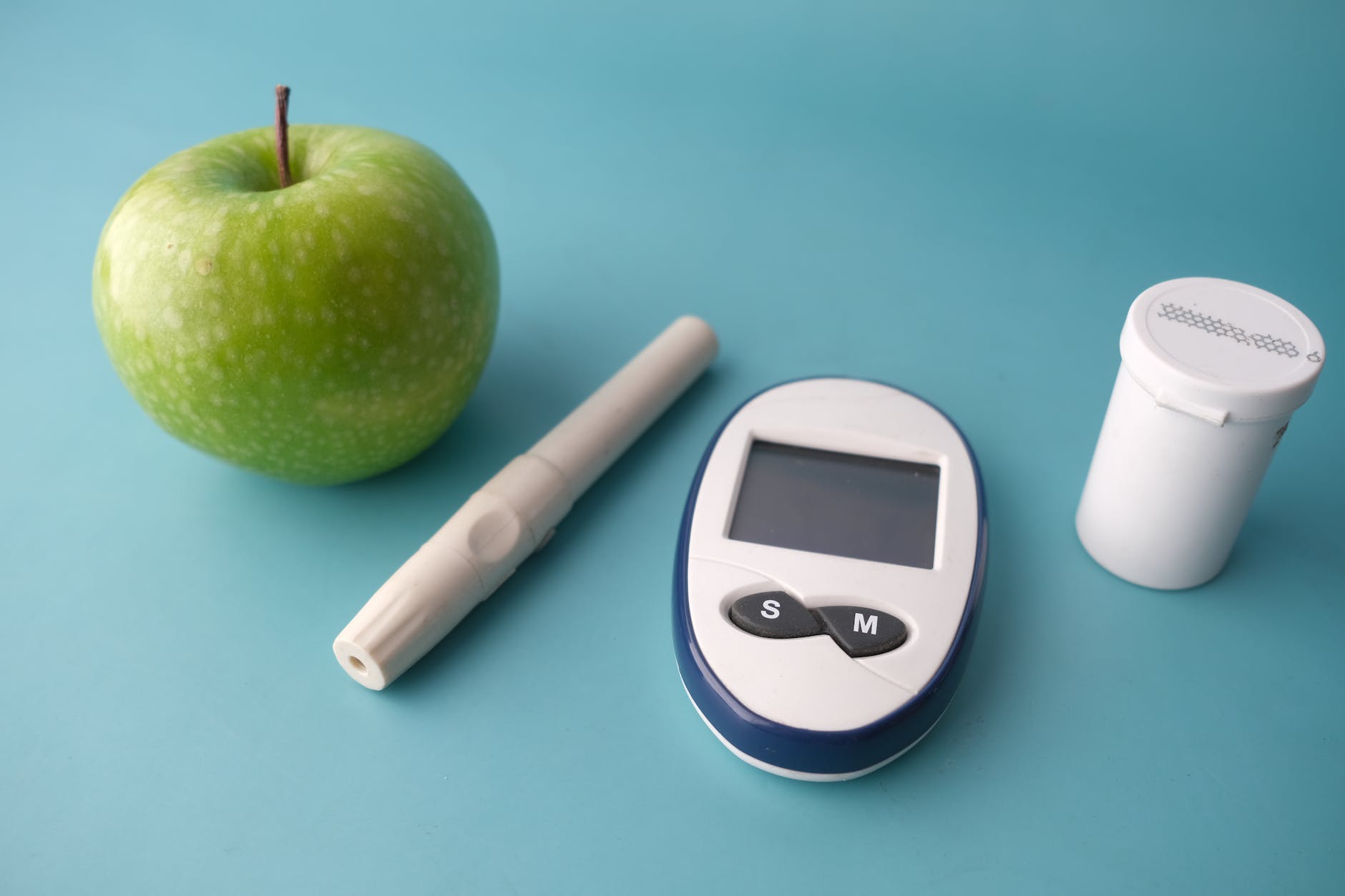10 Essential Tips for Regulating Blood Sugar


10 Essential Tips for Regulating Blood Sugar
https://diabetescure4u.com/ As experts in the field of health and wellness, we understand the importance of maintaining stable blood sugar levels for overall well-being. In this comprehensive guide, we will provide you with the top 10 essential tips to regulate your blood sugar effectively. By implementing these strategies into your lifestyle, you can achieve better control over your blood sugar levels and promote a healthier, more balanced life. 10 Essential Tips for Regulating Blood Sugar.
1. Balanced Diet
Maintaining a balanced diet is crucial for regulating blood sugar levels. Focus on consuming nutrient-dense foods such as fruits, vegetables, whole grains, lean proteins, and healthy fats. Avoid processed foods, sugary snacks, and beverages high in added sugars. Incorporating fiber-rich foods into your meals can slow down the absorption of sugar into the bloodstream, promoting stable blood sugar levels.
2. Portion Control
Controlling portion sizes is key to managing blood sugar levels. Overeating can lead to spikes in blood sugar, while consistently consuming smaller portions helps maintain stability. Consider using smaller plates and bowls to visually trick yourself into eating less. Additionally, listen to your body's hunger and fullness cues to avoid unnecessary overeating.
3. Regular Physical Activity
Engaging in regular physical activity has numerous benefits, including regulating blood sugar levels. Exercise helps your body utilize glucose more efficiently, leading to improved insulin sensitivity. Aim for at least 150 minutes of moderate aerobic activity or 75 minutes of vigorous activity per week. Incorporating strength training exercises can also contribute to better blood sugar regulation.
4. Hydration
Staying adequately hydrated is essential for overall health and blood sugar management. Water helps flush out toxins, supports digestion, and promotes optimal cellular function. Aim to drink at least eight glasses of water per day and limit the consumption of sugary beverages, which can cause blood sugar spikes.
5. Stress Management
Chronic stress can negatively impact blood sugar levels. Find effective stress management techniques that work for you, such as meditation, deep breathing exercises, yoga, or engaging in hobbies you enjoy. Taking time to relax and unwind can help stabilize your blood sugar and improve your overall well-being.
6. Regular Sleep Patterns
Establishing regular sleep patterns is crucial for maintaining stable blood sugar levels. Lack of sleep can disrupt insulin production and increase insulin resistance, leading to imbalances in blood sugar. Strive for seven to eight hours of quality sleep each night and create a relaxing bedtime routine to promote better sleep hygiene.
7. Monitor Carbohydrate Intake
Understanding how carbohydrates affect your blood sugar is vital for effective regulation. Different types of carbohydrates have varying impacts on blood sugar levels. Choose complex carbohydrates with a low glycemic index, such as whole grains, legumes, and non-starchy vegetables, as they are digested more slowly, preventing sudden spikes in blood sugar.
8. Regular Blood Sugar Monitoring
Regularly monitoring your blood sugar levels provides valuable insights into how your body responds to various foods and activities. Use a blood glucose monitor as recommended by your healthcare provider and keep a log of your readings. This information will help you make informed decisions about your diet and lifestyle choices.
9. Medication and Insulin Management
If you have been prescribed medications or insulin to manage your blood sugar, it is crucial to follow your healthcare provider's instructions carefully. Take your medications as prescribed, and consult your healthcare team if you experience any side effects or have concerns about your treatment plan.
10. Consistent Medical Care
Regular visits to your healthcare provider are essential for monitoring your blood sugar levels and overall health. Work with your healthcare team to develop a personalized plan for blood sugar regulation and follow up regularly to assess your progress. They can provide valuable guidance, support, and adjustments to your treatment plan as needed.
By incorporating these ten essential tips into your daily routine, you can take control of your blood sugar levels and improve your overall well-being. Remember, consistency and dedication are key when it comes to managing your health effectively.
- Home Tea Decreases Insulin Resistance & Increases Insulin Sensitivity | Dr. Mandell
- Exploring Insulin Resistance: Mechanisms and Pathways
- Nerve Damage and Diabetes: Preventing and Managing Neuropathy
- The Ultimate Guide to Managing Diabetes: Expert Recommendations for Optimal Health
- Targeting Inflammation in Diabetes: Emerging Therapeutic Strategies


